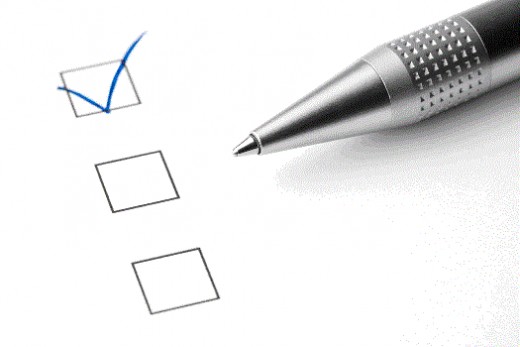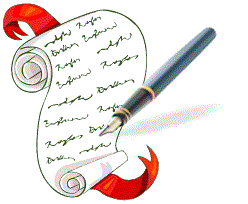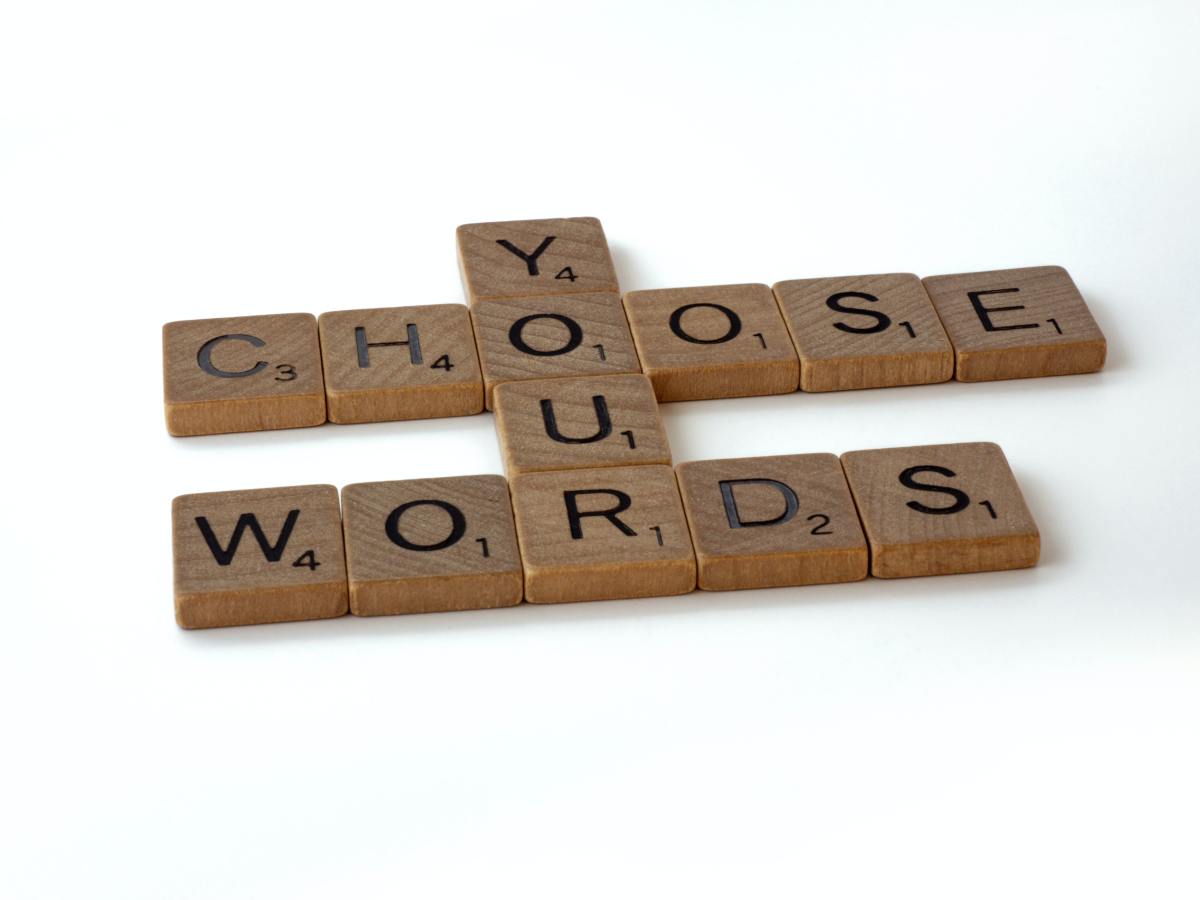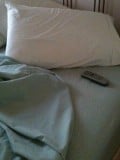How to Write "Right" (Write Successful Articles) {A POEM & LIST of Commonly Misused Words}

The Basics
You need to get down to the basics in order to become a successful (and hopefully popular) writer. The list below should help you on your way to writing and publishing better articles.
- Be original! Write about something you know or researched (including citations when appropriate and relevant links).
- Use proper grammar and spelling, have good flow, use paragraphs to break up long passages, keep tense consistent, and be concise.
- If it's creative writing, use descriptive words that paint a picture, convey an emotion, or display your personality.
- Attract your reader with an interesting title, summary, and first paragraph.
- Writing about a trendy topic or current event may make your article popular today; to be successful over time, write about enduring, perennial, expansive (aka evergreen) topics that people will always be searching. Alternatively, develop a niche for yourself, and people may refer to you and your articles on that specific topic.
- When relevant, use pictures, video, and eye-catching formatting (e.g. bullet points, lists, bold/italics).
*A note on the title "How to Write 'Right'" - I know it would be better to say "how to write well" or "how to write successfully", but as you'll see below, I am playing off the identical pronunciation of "write" and "right".
Don't be a Dud!


My Favorite Grammar Guide
"How to Write Right" - An Original Poem
~~~~~~~~~~~~~~~~~~~~~
Original content is king
Eye-catching formatting is queen
Add pictures and video
If you want to be seen
Give information and tips
Don't just say anything
Because readers want facts
Not just ads and links
And be sure to comment
On your hub and others'
To get a high score
And to get followers
Show kindness and tact
Whenever you speak and act
Use good grammar and spelling
And write right, but with feeling
Do all these things
And you won't be a dud
Next time you write
And publish a hub
~~~~~~~~~~~~~~~~~~~~~
Commonly Misused Words
- it's = it is, it has; "It's nice to meet you." and "It's been nice speaking with you."
- its = possessive pronoun; "The table was missing its legs."
- their, theirs = possessive pronoun; "The parents loved their son." and "The game was theirs to lose."
- they're = they are; "They're a nice bunch of people."
- there, there's = "Let's go over there." and "There's a good restaurant down the street" where "there's" = there is (can also be "there has" - see below).
- your = possessive pronoun; "You are your own worst critic." or "You're your worst critic."
- you're = you are
- let's = let us; "Let's go to the mall."
- lets = "He lets me use his car."
- to / two / too = Do I really have to explain the differences between the number two and the word too, as in also?
- we're = we are; "We're going to the mall."
- were = "Were you there yesterday?"
- here = "Here is your mail."
- hear = "Did you hear that dog bark?"
- lose = "Did you lose your wallet?"
- loose = "My pants were loose in the waist, so I got a smaller size."
- can't / won't / don't / aren't = cannot / will not / do not / are not
- shouldn't / wouldn't / couldn't = should not / would not / could not
- we'll / I'll / I'm / I've = we will / I will / I am / I have
- how's = how is, how has; "How's it going?" and "How's it been?" = one example of many words you can add "apostrophe s" to (it's not correct to just add an "s").
- compliment / complement = "Your shoes are cute" is an example of a compliment (a nice statement to a person); "Your shoes complement your outfit" where "complement" means "goes together with or completes something." To make things trickier, there's also "complimentary" which usually means "given free of charge."
- regardless / irrespective = REGARDLESS is a word; IRREGARDLESS is not (you may be thinking of IRRESPECTIVE, which is a word); e.g., "Bad reviews of the movie were everywhere, irrespective of where you looked." "Regardless, I still want to see the movie." I think they're similar in meaning but the difference is "regardless" can be used on its own; "irrespective" should not be. "Irregardless" should never be used.
My Pet Peeve - Misuse of Contractions
Contractions are shortened versions of words or a group of words, often shown by omitting certain letters and the use of an apostrophe. Many contractions sound the same as other words, making them homophones, like "you're" and "your". Homophones are words that are pronounced the same but have different meanings. Another example is "rose" as in the flower, and "rose" as in "she rose up out of bed" (known as a homograph when spelled the same). Homophones can also have different spellings (known as heterographs), such as "write" and "right". I double-checked these definitions on Wikipedia.
I don't claim to be perfect in spelling words and using grammar and punctuation correctly, but misusing contractions and other homophones really bugs me (aka a pet peeve). In this era of texting, social network updates, and blogging, I see these mistakes frequently, and they hurt my eyes and make me cringe. Spellcheck often misses these words since they are real words, but they still might not be used correctly. Also, don't get me started on typing or word predictors on your cellphone (often tragically wrong but still used). I don't mean to offend, only to help, so I hope the list I've compiled helps. It's not an exhaustive list, so feel free to add your own commonly misused words or grammar pet peeves in the comments below. All examples are my own.
When in doubt, just use the long form of the word instead of the contraction form. A lot is forgiven or overlooked when texting and emailing, but if it's for a publication or a document for work or school, paying attention to one's grammar is the key to success!
Helpful Hubs & Links
- How to Edit Your Article or Hub Before Publishing - With Love, an English Teacher
Editing is an important step in the writing process. Want to receive positive recognition for your online articles or hubs? Learn my tips for editing your articles before submission. - Wikipedia: List of commonly misused English words - Wikipedia, the free encyclopedia
- How Do I Get Noticed On HubPages? A Guide To Help Yo...
A How-To Guide to understanding HubPages and getting started with publishing online and getting traffic to your Hubs. If you want to be noticed on HubPages and get readers to comment on your work, then this is the best place to start! - Improving Your HubScore
If you've been trying to figure out how to boost the HubScores of your lower-ranking Hubs, here are some suggestions and advice for making your Hubs perform better. - How to Write Great Sentences: A Break From the Rules...
I was raised in and around the construction business, and if I learned anything it was that a fine craftsman knows the rules of his trade, but a master craftsman knows the tools of his trade. Almost any trained carpenter can make precise... - How to Use Free Photos and Free Clip Art on Your Hub...
Find and use free photographs and free clip art on your website, blog or HubPage. Tips on where to search for the best Creative Commons images.
To read my "Hub of the Day" award-winning article:
- Traditional Cambodian (Khmer) Wedding Ceremonies
This is the story of my spring 2008 wedding where we combined Khmer traditions with American traditions (and even some Korean ones!). Learn more about our unique customs and see pictures and video of the beautiful traditional outfits we wore.







